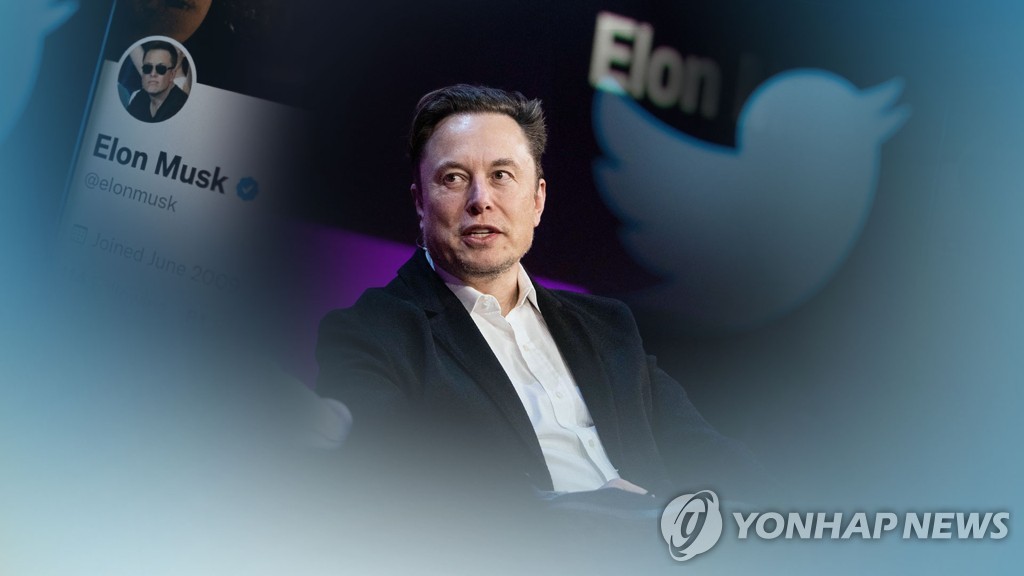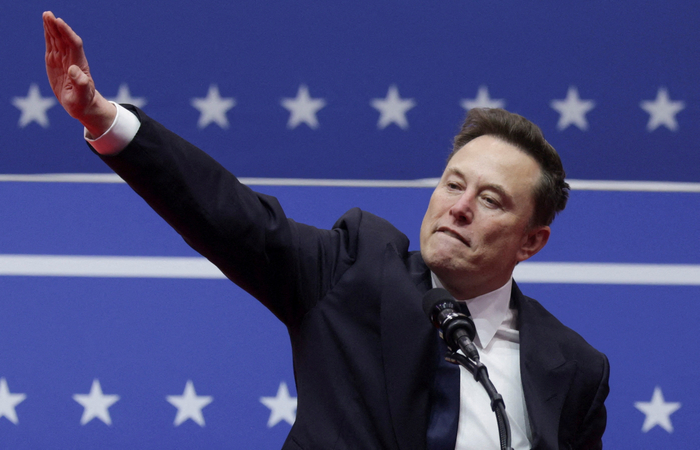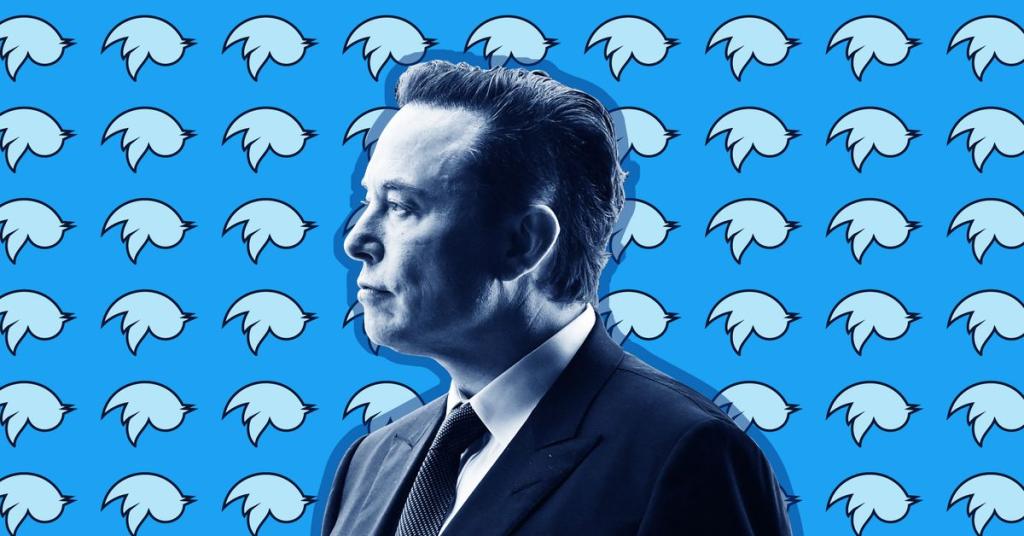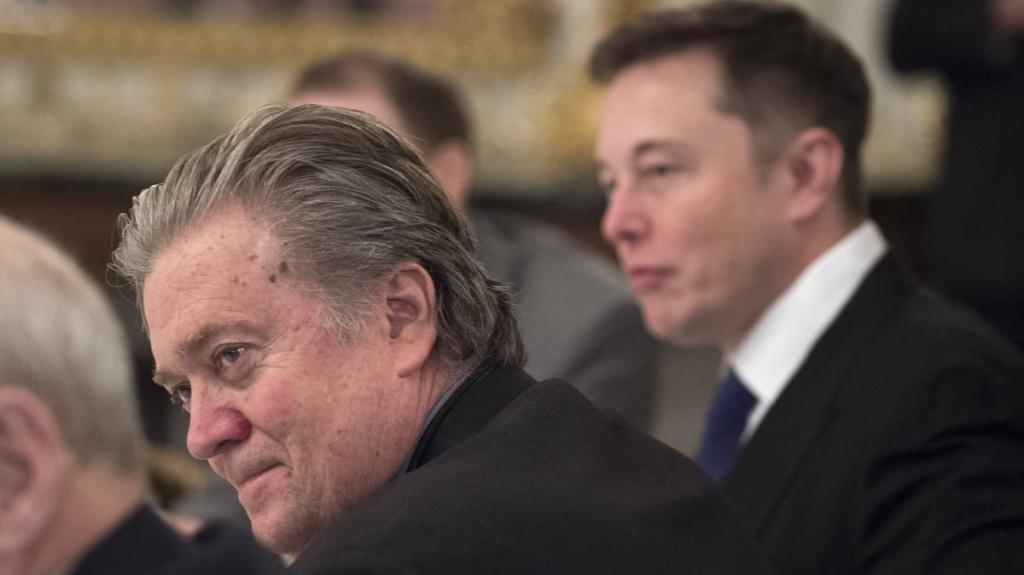Elon Musk's Twitter Deal Unravels Financial Chaos for Banks
Discover how Elon Musk's Twitter acquisition has led to unprecedented financial strain for banks, impacting revenue, advertising, and future investments.

Key Points
- Elon Musk
's $44 billion acquisition of
Twitterhas resulted in significant financial strain on banks, with $13 billion in loans remaining unrecouped for over 22 months.
- X has seen a dramatic drop in revenue, struggling to generate sufficient income to cover its projected annual interest payments.
- The financial fallout has led to notable cuts in bankers' compensation and a high turnover rate within investment firms connected to the deal.
In October 2022, Elon Musk made headlines when he acquired Twitter, now known as X, for a staggering $44 billion. This deal came with its fair share of skepticism, and we are now witnessing the unfoldment of what many are labeling as one of the worst financial transactions in recent history. With banks suffering considerable losses from this acquisition, it’s essential to understand the broader implications of this notorious deal.
The Financial Strain on Lenders
Initially, Musk raised approximately $13 billion from a consortium of major banks including
and
to facilitate his takeover. This funding was intended to help Musk navigate the turbulent waters of finance while protecting his equity in Tesla. However, as time has gone on, these banks have been unable to offload the loans, which have now dwelled on their balance sheets for an alarming 22 months.
This prolonged retention of debt represents the longest period that banks have held onto such loans since the Great Financial Crisis of 2008-2009. According to the
, the banks are now writing down the value of these loans significantly, creating a substantial burden on their financial performance. This situation echoes the challenges faced during the financial crisis, where banks were stuck with bad loans, significantly affecting their operations.

Challenges Facing X
Despite Musk's ambitious plans, X has faced severe challenges, including sharp drops in revenue and an exodus of major advertisers. The company anticipated generating over $1 billion in annual interest payments, yet projections indicate revenues in the U.S. market could plummet to around $600 million. This stark contrast showcases the immense financial strain on X, making investors and lenders uneasy.
Musk has made headlines for his contentious relationships with advertisers, even provoking some to withdraw their business from the platform. As many marketers reevaluate their risk alongside the brand impact, the result has been a significant loss in revenue for X. Additionally, reports suggest that Musk is under pressure to potentially liquidate further shares of Tesla to address the financial gaps created by X's performance.
Bankers Feel the Impact
The ramifications of Musk's Twitter acquisition aren't limited to the tech sector; they've made waves through the financial industry. Some investment bankers at
reported that their compensation had been reduced by 40% in 2023 due to the financial burden Musk's loans created. This retrenchment has led to a notable turnover within the bank, with directors leaving in light of the decreased bonuses.
This financial turbulence has not gone unnoticed. Analysts are closely watching how Musk could extricate himself from this deal. Although restructuring discussions have occurred, reports indicate these have stalled, leaving banks in a precarious situation with no clear resolution in sight. The promise of high returns linked with Musk's future projects, such as
and
, complicates the landscape as banks remain hopeful for recovery on their loans.
Looking Ahead
It's crucial to ponder what this all means for the future. The intertwining of Musk’s ventures serves as a double-edged sword: while offers substantial potential for innovation and profit, the inherent risks are now apparent. Musk's financial dealings and his volatile management style appear to challenge traditional financing approaches. The lingering question is whether Musk can leverage the goodwill and interest of lenders into a turnaround for X.
As banks cling to the hope that Musk's other ventures will come to fruition, they remain deeply affected by the fallout from the X acquisition. This scenario illustrates a significant lesson in finance: the allure of prominent personalities can lead to risky decisions that affect institutions far beyond the immediate scope of a deal. The path forward remains unclear, but the stakes are undeniably high.
The acquisition of X by Musk serves as a potent reminder of how one man's ambition can ripple through economies and industries alike. In the world of finance and technology, this case will undoubtedly be analyzed and debated for years to come.


